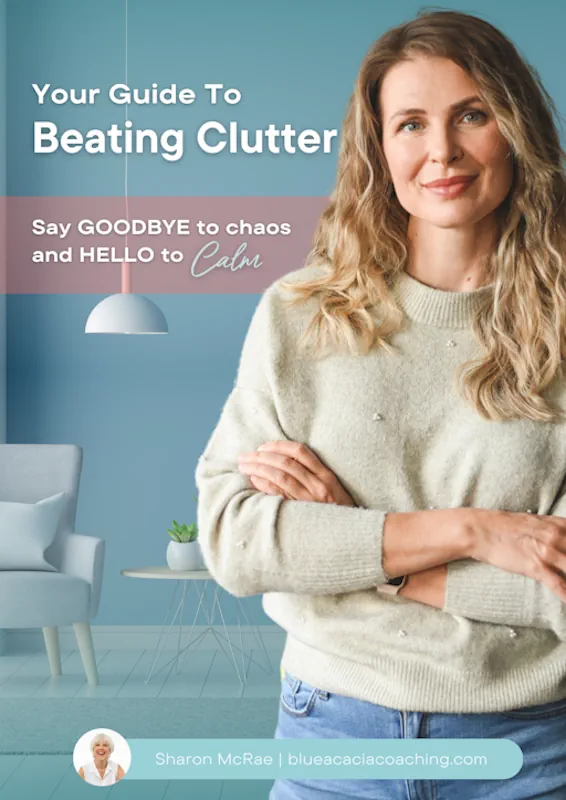
How do you feel right now? Are you energized, grounded, and fulfilled? Motivated and purposeful?
Or are you tired, frustrated, or disappointed? Do you feel stuck, just going through the motions? Like you want something to change but don’t know how or where to start?
Perhaps you need a life audit and/or a life edit.
Editing out what doesn’t work
What is the difference between a life audit and a life edit?
A life audit takes stock of where you are in life right now. You start by assessing areas of your life such as health, fitness, finances, relationships, etc., and rating these areas as to how satisfied you are currently. You then determine where you want to be and the steps needed to get from here to there.
A life edit is simpler and more immediate. It is a current snapshot of what is working in your life, what isn’t, and what you learn from that. You could start this weekend with no tools other than a pen and paper or a computer if that’s your preference.
The two processes are not unconnected. A life audit is the big picture; life edits are the individual frames. Regular life edits profoundly influence the big picture. In turn, the big picture determines what you edit in or out of your life.
A life audit is probably the better place to start; after all, you need to know what direction to take before you start the journey. For now, though, let’s get the ball rolling with a life edit. Starting small is generally more sustainable and the immediate benefits will whet your appetite for making more sweeping changes.
“A life well-lived is a life well-edited…Prune away the inessential. Pour yourself into what remains.”[i]
It’s up to you how often you do your life edit. Some choose daily, others prefer the end of the month. Weekly works best for me. I call it my “Review and Readjust” time, or simply RnR.
It is scheduled for a Sunday when I can relax, settle down with a cup of tea, take out my beautiful journal and favorite pen, and scan the landscape of the week. My RnR includes answering three questions: What worked? What didn’t work? What did I learn?
That second question – “What didn’t work?” – is particularly useful. I ask myself, why did it not work? Was it a case of actually not working? Or was the activity just in the wrong time slot? Would it work better if it were rescheduled?
Or was I not committed enough? According to Stephen Covey, this is not so much a problem with self-discipline. Rather it happens when a person’s “priorities have not become deeply planted in their hearts and minds.” [ii] (That’s where a life audit comes in!)
Exercise has been the hardest thing to make stick in my schedule. I’ve had to work at “deeply implanting” the need for exercise in my heart and mind. Embracing that mindset, truly internalizing it, negates the question, is this working? The 6 or 7 hours I spend exercising have such significant benefits to the other 160 or so hours in the week that it simply has to be non-negotiable.
Those who don’t make time for exercise will eventually have to make time for illness. [iii]
My RnR has become a pleasant end-of-week ritual. I look forward to it. I make needed adjustments, trial different things, use a fresh approach. I recognize I have choices. Knowing that is empowering.
Then, once a year, I do an annual review. I peruse my weekly jottings and highlight what consistently worked (in green), what I continued to struggle with (in orange), and the overall lessons. I compile those shards of wisdom into a dot-point list and keep it handy for easy reference.
For an example of an annual review, see this one from James Clear, author of Atomic Habits.
My list of three
Here are a few snippets from my annual review of 2021.
What worked well?
- Keeping to a set bedtime and wake-time every day
This advice came from Dr. David Perlmutter, neurologist and author of a series of life-changing books on the brain. He explains that “because the body metabolizes a lot of waste products after 10 p.m. and the immune system revitalizes itself between 11 p.m. and 2 a.m., it’s important to be asleep during these hours…Your body – and brain – will thank you for it.” [iv]
Perlmutter recommends maintaining a strict sleep routine 365 days a year, including weekends and holidays. When I wasn’t consistent with that, there was a discernible drop in my performance across the board.
- Following the theme of consistency, regular mealtimes also worked well
I figured that if a set routine of waking and sleeping was good for the brain and body, then a set routine of eating likely would be too. Turns out I was right. Eating at specific, consistent times keeps my energy levels up and removes the temptation to snack.
Also, making myself sit down to eat rather than standing at the kitchen counter forces me to slow down. That, in turn, reduces the inclination to eat mindlessly and helps me know when I’ve eaten enough and am satisfied.

What didn’t work well?
- Checking social media early in the day and before bed.
A few minutes checking my social media so easily turns into 30 minutes or an hour lost. Of course, social media is designed to hold one’s attention and it does an astonishingly good job. Check out this excellent article on 9 Ways to Overcome Facebook Addiction
My solution: I did a kind of digital detox by closing one social media account and deleting its app. I logged out of another one and now have to make the effort of logging in again if I want to check it out. Which doesn’t happen very often anymore.
- Spending so much time on housework.
I admit that I tend to go a bit overboard when it comes to housework. That was particularly senseless during the pandemic when nobody visited and I was home alone most of the time. So I scaled things back. And guess what happened? Nothing! Nothing bad, anyway.
Does anyone go to their grave wishing they had done more housework?
I learned two things:
1. Don’t waste the best hours of the day on housework.
2. Adjust the thoroughness of housework to the time available. Good enough is near enough (to perfect, that is. I’m still working on my perfectionist tendencies.)
What else did I learn?
- Pare down
Despite my preference for minimalism, things still accumulate in cupboards and wardrobes. In 2021 I culled often and ditched the clutter. It’s remarkable how good it feels to part with “stuff”. It frees up attention, energy, and space. Paradoxically, with fewer clothes in my wardrobe, I have more to wear.
- Slow down (there’s a recurring theme here!)
I’m easily seduced by all that delicious white space in the planner at the start of the week. So easily seduced that I fill it to the brim with all kinds of plans. Unfortunately, my default setting is to be always busy. In my mind, it equates to being efficient and productive. In reality, though, it means rushing, exhaustion, and a persistent feeling of never having enough time.
This past year has highlighted that less really is more. It’s a work in progress, but I’m trying to be more realistic with allotting my time. I’m learning to recognize how long things take – in real hours and minutes, not by the number of lines on a planner page.
- It’s OK to say no.
And not just OK…it’s sometimes downright necessary to say no!
However, it feels uncomfortable. Perhaps we are used to pleasing others or living up to their expectations. We don’t want to let someone down. The thing is – you are letting someone down. Yourself! Saying no allows room to say yes to something better, more important, more fulfilling.
In summary, “the single most important investment we can ever make in life is to invest in ourselves, in the only instrument we have with which to deal with life and to contribute.”[v]
Have you tried a life edit? What did you learn?
Endnotes
[ii] Covey, S. R. (1990). The Seven Habits of Highly Effective People. New York: Simon and Schuster. Page 158
[iv] Perlmutter, D. (2016). The Grain Brain Whole Life Plan. Yellow Kite Books UK. Pages 136, 137
[v] Covey, S. R. (1990). The Seven Habits of Highly Effective People. New York: Simon and Schuster. Page 289
Photo #1 by Kinga Cichewicz on Unsplash
Photo #2 by Brooke Lark on Unsplash

